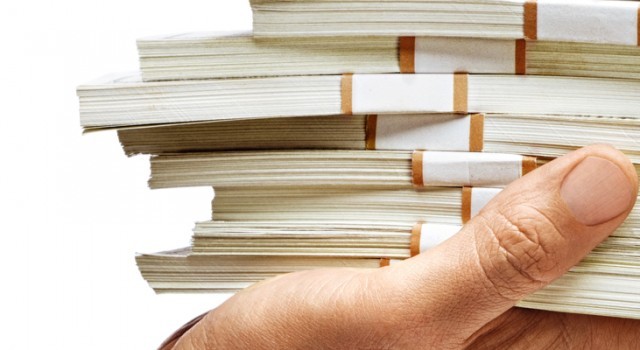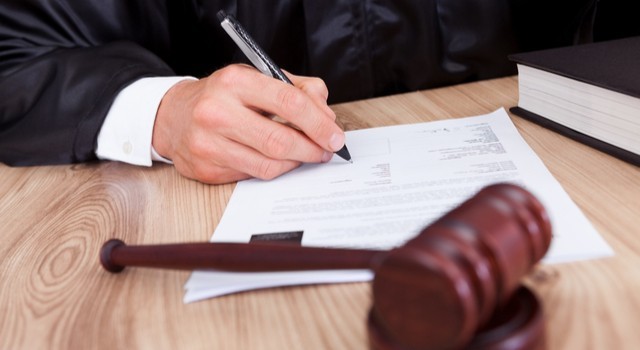Until recently, if an individual received payment from a successful PPI claim even after their Trust Deed had come to an end, the money received would still need to be passed over to the Trustee rather than the individual being able to keep their refund. This changed, however, due to a court case which introduced something called the Mond ruling.
What is the Mond ruling in relation to Trust Deeds and PPI?
The Mond ruling means that individuals will be able to keep any PPI refund should this come about after the Trust Deed has successfully completed and the individual has been discharged.
Dooneen Vs Mond
The Supreme Court issued a judgment in the appeal case of Dooneen Ltd (t/a McGinness Associates) and another v Mond. The debtor in the case was Dooneen Ltd and the appellant was Mr Mond who disputed entitlement of PPI compensation after final distribution.
The dispute in question was whether the debtor was entitled to the PPI compensation after the Trust Deed had been discharged and final distribution was made. The appellant argued that the final distribution had not been made as the assets of the debtor were not exhausted, nor was the creditor paid in full. As a result, the appellant argued that the PPI compensation should be distributed to the creditor.





